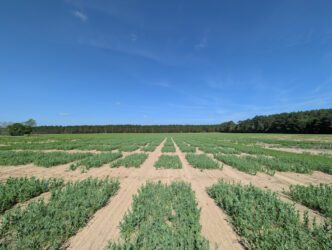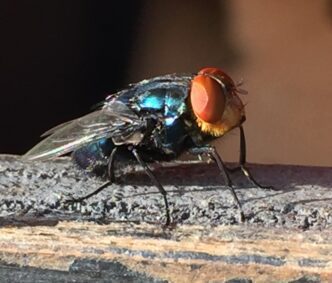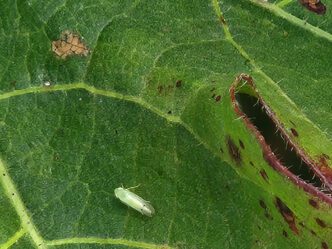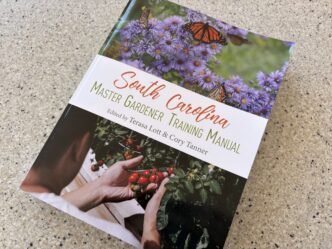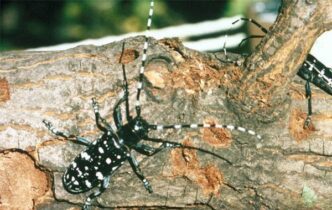CLEMSON – Poa annua and spring dead spot strike fear in turfgrass managers, but Clemson University specialists are ready to help quell any fears by offering research-based advice on how to control these golfing adversaries.

Clemson will have its annual Poa Control Field Day on April 23. The event begins at 9 a.m. at the Walker Golf Course Maintenance shop located at 412 Cherry Road in Clemson. Bert McCarty, Clemson professor of turfgrass science and management, said spring dead spot will be added to this year’s agenda.
“Poa annua and spring dead spot can present some pretty bad issues for golf course superintendents in spring when golf interest is high and play is heavy,” McCarty said. “That’s why we combined these for this year’s field day.”
Spring dead spot is a persistent and destructive disease of bermudagrass and zoysiagrass – two grasses found on South Carolina golf courses. It’s marked by well-defined circular patches of dead, bleached-out grass in affected areas.
Poa annua, commonly referred to as bluegrass, is a pesky weed that has become so diverse it can easily adapt to everything from unirrigated roughs to neatly maintained putting greens. While Poa annua is ideal for putting greens, seedheads, disease susceptibility and poor performance under hot, humid conditions can turn a nice green into a monster for golf course superintendents.
“The severity of Poa annua and a tremendous increase in herbicide resistance is leaving people with fewer control options,” McCarty said. “The attendance and interest in this field day has grown so much in recent years, we decided it would be beneficial to hold it again to give golf course superintendents and other professionals who maintain commercial turfgrass properties an opportunity to learn how to control this weed.”
Poa annua and spring dead spot create “bad turf,” which Brent Jessup, PGA head golf professional at Clemson University’s Walker Golf Course, said can create economic problems for golf course superintendents.
“Golfers like smooth courses,” Jessup said. “Poa and spring dead spot cause rough patches that cause golf balls to bounce and get out of line. Golfers notice these things and won’t play on courses where this is a problem.
“If golfers don’t play, they don’t pay and this can create economic issues.”
The Poa annua and Spring Dead Spot Control Field Day is free and open to the public. A small fee will be required for anyone who wants to eat lunch at the clubhouse, as well as for anyone who wants to play golf (for tee times, call 864-656-0236). In addition, free pesticide continuing education (CEU) credits will be offered.A question-and-answer session will follow the visits.
No pre-registration is required. For more information, visit http://bit.ly/POA_SpringDeadSpotFieldDay.
-END-


